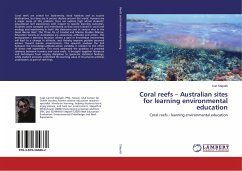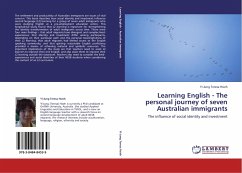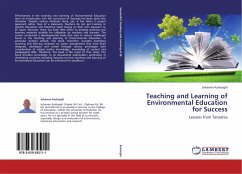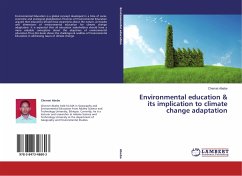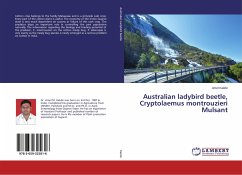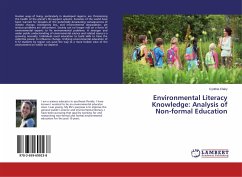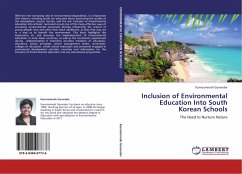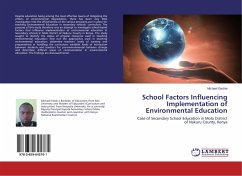Coral reefs are critical for biodiversity, food habitats and as tourist destinations, but they are in serious decline around the world. Humans are a major cause of this problem. Here we explore high school students' educational reef experiences with respect to specific learning outcomes. Students were surveyed and interviewed as they were trained in coral reef ecology and monitoring in both the classroom and at various sites in the Great Barrier Reef. The Three A's of Coastal and Marine Studies (Marine Education Society of Australasia) are awareness, attitudes and action. This presupposes a learning situation where a gain in knowledge (awareness) will lead to a change in attitude, and thereby improve positive personal actions toward marine environments. This research analyses the link between the knowledge-attitude-action variables in relation to the effect of direct reef experience. This work addressed the question of proximal relations between humans and coral reefs. It broughttogether literature and techniques from varying disciplines to generate statistical findings, while student accounts confirmed the learning value of structured activities underwater as part of reef trips.
Bitte wählen Sie Ihr Anliegen aus.
Rechnungen
Retourenschein anfordern
Bestellstatus
Storno

